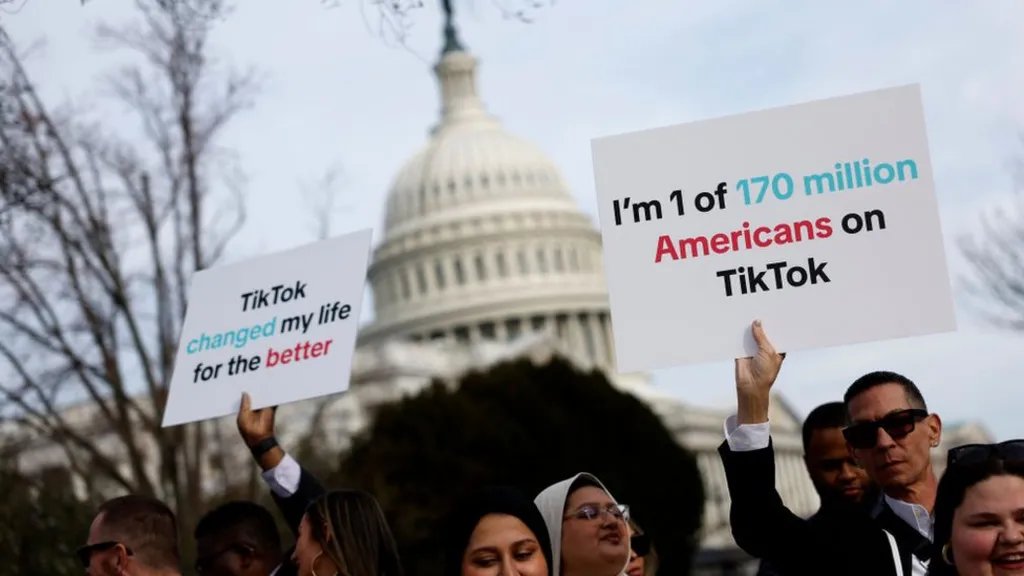Due to growing concerns over national security and data privacy, the United States is at a crossroads with one of the world’s most popular social media platforms, TikTok. At the heart of the matter is legislation that could lead to a total ban of the app in the US unless its Chinese parent company, ByteDance, sells it to a non-Chinese entity. This move reflects bipartisan anxiety over the potential for the Chinese government to access data from TikTok’s 170 million US users, an allegation that TikTok vehemently denies.
The push for a ban comes from a broad spectrum of US politicians, who argue that China’s stringent security laws might compel ByteDance to surrender user data. Despite TikTok’s assurances to the contrary, the US House of Representatives showed overwhelming support for the ban, passing the bill with a significant majority. The bill is now under the Senate’s scrutiny, whose fate remains uncertain. President Joe Biden has expressed readiness to sign the bill into law should it clear the Senate, marking a consistent effort by US authorities to limit TikTok’s influence, reminiscent of former President Donald Trump’s unsuccessful ban attempt in 2020. Trump, interestingly, has criticized the new legislation, suggesting it would unfairly benefit competitors like Facebook.
Should the bill become law, ByteDance would have a six-month window to find a buyer for TikTok before the ban takes effect. The proposed ban’s mechanics are straightforward—eliminating TikTok from app stores and halting updates for the app within the US, effectively curbing its spread and usage.
TikTok’s response to the legislation has been sharply critical. CEO Shou Zi Chew warned of the broader implications for social media diversity and American jobs. However, the company’s attempt to mobilize its user base against the bill may have inadvertently reinforced lawmakers’ resolve.
The international context further complicates TikTok’s situation, with existing bans in several countries and others, like the UK and the European Commission, imposing restrictions due to security concerns. This global scrutiny raises questions about the app’s operational model, particularly its data collection practices, which, while not unique in social media, have drawn significant attention due to the geopolitical tensions between the US and China.
The debate over TikTok encapsulates broader tensions around data privacy, national security, and international diplomacy. As lawmakers weigh the potential risks against the benefits of allowing TikTok to operate in the US, the outcome will likely resonate far beyond the app’s future, touching on the delicate balance between open digital spaces and the imperatives of national security. Regardless of the Senate’s decision, the discussion around TikTok underscores the growing challenges in governing the digital world, where the boundaries between countries become increasingly porous and the stakes for user privacy and security ever higher.























